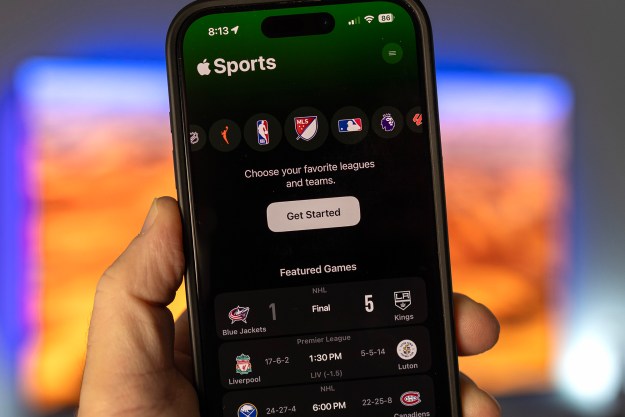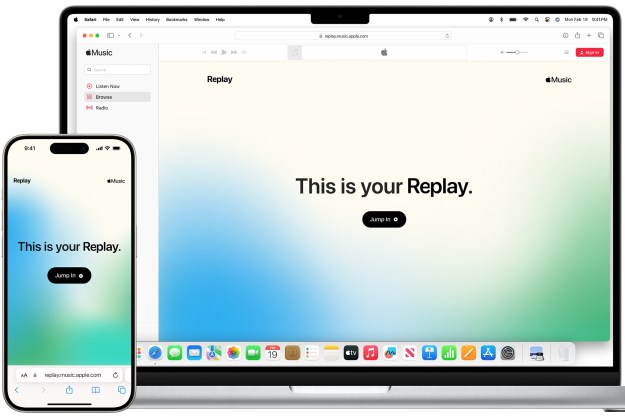Apple removed Fortnite from its App Store on Thursday after the game’s developer Epic Games revealed that players could buy the in-game currency V-Bucks at a discount if they circumvented purchasing through the App Store.
Apple released a statement explaining that Epic broke its developer agreement by allowing this, as unlocked features in an app that require payment must be handled via the platforms in-app purchases, therefore giving Apple a cut of the revenue.
“Epic enabled a feature in its app which was not reviewed or approved by Apple, and they did so with the express intent of violating the App Store guidelines regarding in-app payments that apply to every developer who sells digital goods or services,” the statement read. Apple added it “will make every effort to work with Epic to resolve these violations so they can return Fortnite to the App Store.”
Currently, the game still seems to work and receives updates if it is already installed on a user’s iPhone, and the game can still be downloaded via a user’s purchased apps list. If an iPhone user has not already downloaded the app, there seems to be no way to access it at the moment, as searching for the game yields no pertinent results.
It seems Epic Games was planning for this, as moments after the title’s removal from the App Store, the company filed a lawsuit against Apple. Legal papers requesting an injunction against Apple’s decision to remove Fortnite argues that Apple’s App Store practices are monopolistic and anti-competitive.
The company also, via Fortnite‘s Twitter, announced that the game would host a screening of a short film in its party royal mode entitled Ninety Eighty-Fortnite, a blatant jab at Apple’s historic 1984 commercial for the original Macintosh that spoke up against some of the practices many accuse the company of exercising themselves today. The short film is not subtle, and directly parodies the original advertisement, featuring a character from Fortnite smashing a giant TV that features a corporate overlord with an apple for a head.
“Epic Games has defied the Apple Store Monopoly. In retaliation, Apple is blocking Fortnite from a billion devices. Join the fight to stop 2020 from becoming ‘1984’. #FreeFortnite,” is a quote that appears at the end, a play on the quote displayed at the end of the original Macintosh commercial.
The Google Play Store features a similar agreement for apps published on the platform, but the game so far remains on the Play Store.
This news is not the only issue that’s arisen for Apple and its App Store recently, as the company is currently butting heads with long-time competitor Microsoft and the execution of the Xbox’s cloud gaming on the platform. Similar issues regarding strict rules for Apple’s walled garden have prevented the upcoming service from coming to iOS in the manner with which it was intended.
Editors' Recommendations
- Here’s how Apple could change your iPhone forever
- Everything you need to know about the massive Apple App Store outage
- We now know when Apple is adding RCS to the iPhone
- 8 iPhone browser apps you should use instead of Safari
- Google Messages vs. Samsung Messages: Which app should you use?




